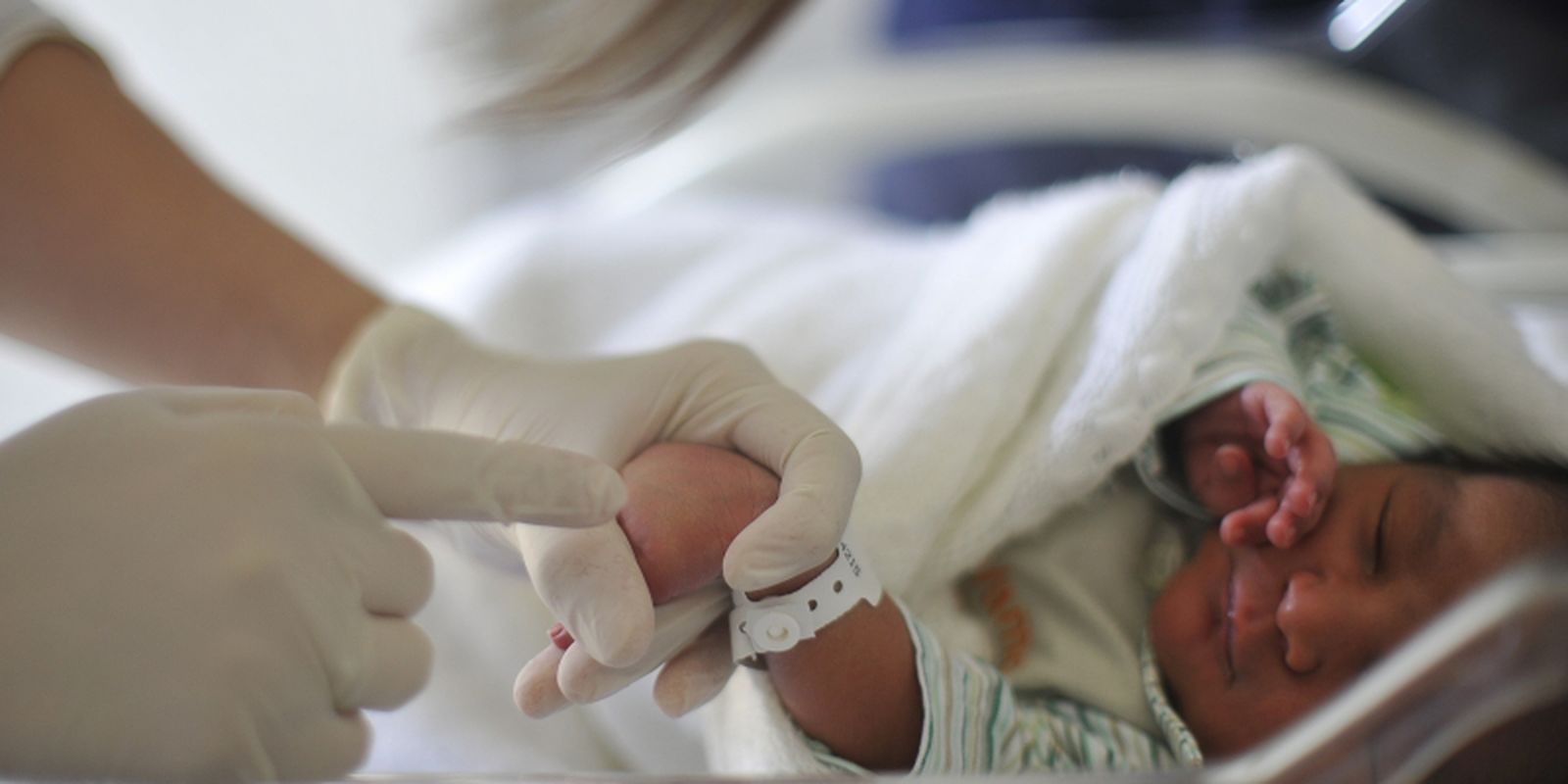The Public Defender’s Office in the states held this Saturday (12) a joint effort to conciliate the Meu Pai Tem Nome project, which seeks to promote the recognition of affiliation free of charge. So far, the action is already confirmed in 135 municipalities across the country. THE campaign was developed by the National College of Defenders and Public Defenders (Condege).
The proposal is to bring together, on the same day, services that are already part of the Public Defender’s Office, but in a concentrated way. Thus, with the national D-Day, the objective is to give people more access to this type of service and also to strengthen extrajudicial actions.
The state with the largest number of municipalities to be served with the project is Maranhão: the activity will be carried out in São Luís and in 55 other cities. In Bahia, the action will take place in Salvador and 20 other cities.
In Rio de Janeiro, activities will be concentrated in Belford Roxo, in Baixada Fluminense, while in São Sebastião, administrative region of the Federal District, the Defender’s Trailer will be used for the action, on March 18 and 19.
“It is very satisfying to see D-Day being organized with such zeal in unity by the Public Defender’s Office in the states. With this, the assisted people gain, who will have a day of activities dedicated to the solution of conflicts in an extrajudicial way”, said, in a note, the vice president of Condege, the general public defender in the state of Goiás, Domilson Rabelo da Silva Junior.
From January 2021 to January 2022 alone, about 168,000 children were registered in the country without their father’s name. Of the 432,400 children born and registered in 2022 as of March 7, more than 29,000 do not have their father’s name on the birth record.
According to the Civil Registry Transparency Portal maintained by the National Association of Registrars of Natural Persons (Arpen), between the beginning of 2016 and the end of 2021, 874,000 children were registered in Brazil without their father’s name. The Southeast and Northeast regions concentrate the highest volume of occurrences: together they account for 65% of the total. But it is in the North where there are proportionately more cases: the father is absent on 8% of birth certificates.

















